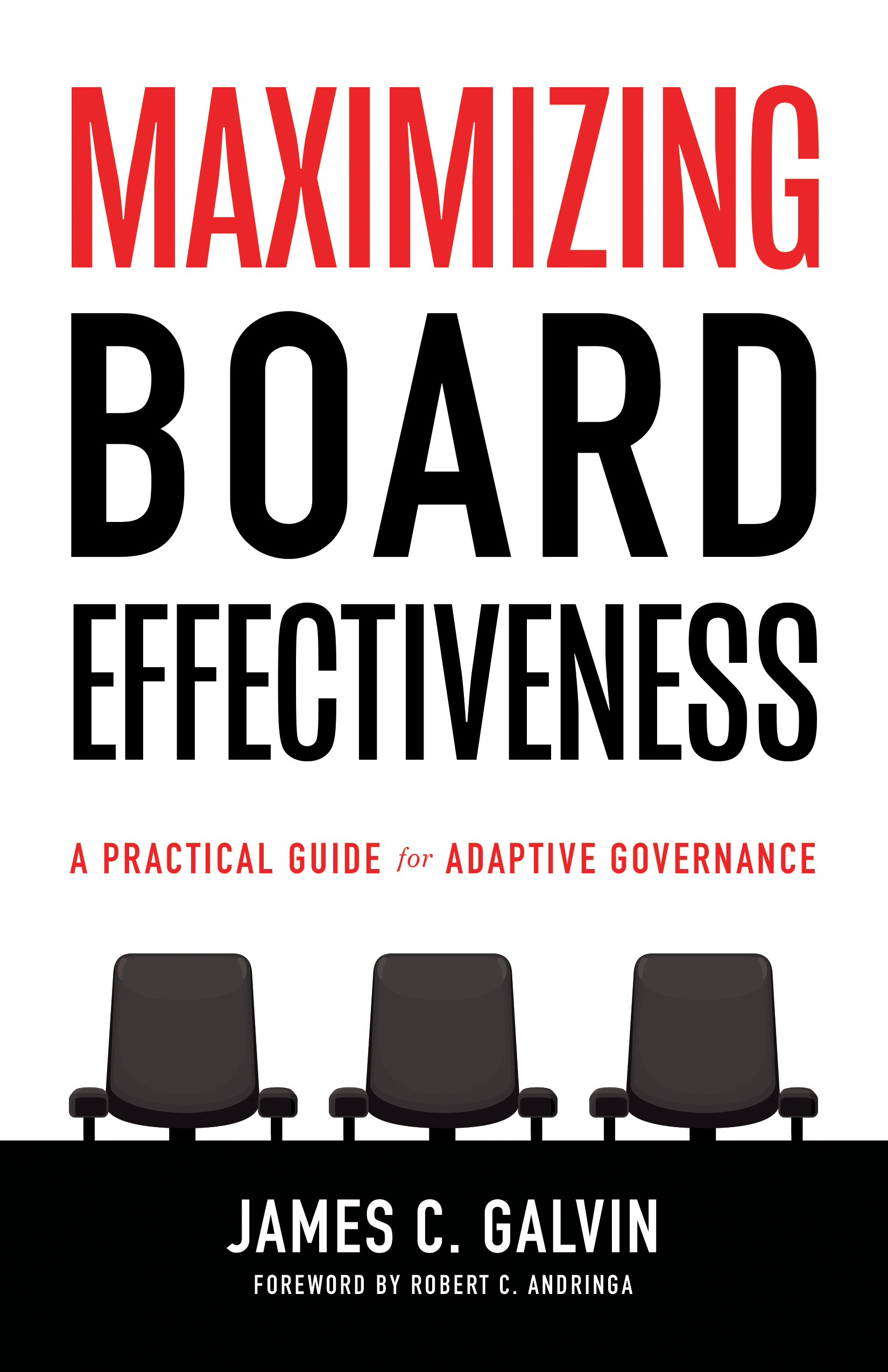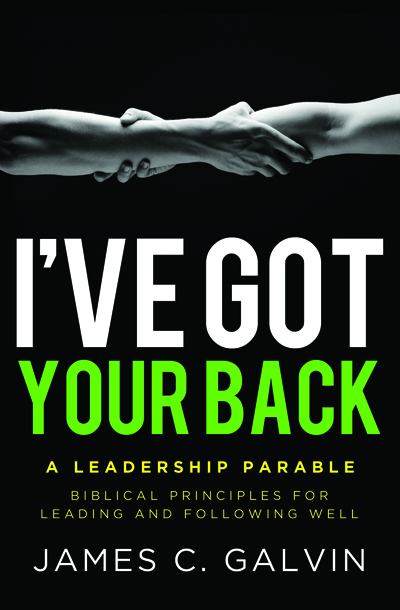What’s on Your Reading List?
26.08.2015
I was talking with a friend on the phone this summer and I asked what he was reading. He answered, “My reading focus this summer is metrics and outcomes measurement.” I was stunned. He had a focus and a list. He was reading with a purpose. His learning would be equivalent to taking a summer grad course on this topic.
Reading, or listening to audiobooks, is a key part of being a lifelong learner. This is also a key aspect of self-leadership. Nobody is going to make you learn new subjects and skills after your formal education is over. You have to take charge of your own learning after you graduate.
As I thought more about my friend’s focus for the summer, I thought back on other approaches to reading I have used in the past. Here are six different approaches. One of them must be right for you.
1. Exploratory List
When you want to wade into a new subject area you start with books that provide an overview. This is like a do-it-yourself college 101 course. You want to read books that will guide you through this new terrain as you explore for the first time.
2. Get Current List
When you need to catch up on the most significant new books in a topic area you are familiar with, you can make a list of the most recently published books. I did this when I jumped into organizational consulting full-time. I went to Barnes and Noble and drew an invisible square around the business and management bookshelves. Then I told myself that I had to get on top of all the books there. If I did not choose to read them, I had to know what they were about.
3. Deep Dive List
This is when you need to “skill up” and become expert in a specific subject area. For example, a marketing VP might decide to do a deep dive on email marketing with split A/B testing to better measure the impact of email messages. This is what my friend was doing by studying outcomes measurement.
4. Backburner List
We all have a long list of books in the back of our minds that we would like to read someday…when we have time. You can reach back and make a list of those books, decide which are still relevant, and get started reading what you have always wanted to but have been putting off.
5. Disagreeable List
This means reading the books you do not agree with in order to gain more insight into your opposition. For example, last year I listened to a few top books on New Age thinking while working out over the winter. It was fascinating to hear what some of these people actually believe because it was so bizarre, but it helped me to sharpen my thinking around the whole are of vision for life and ministry.
6. Intriguing List
Just go to Amazon or your e-book retailing site and order half a dozen books that look flat-out intriguing. They don’t have to be on the same topic, go deep, be related to your work, or even make sense on the same list. You are just following your gut instinct and picking up promising reads.
An important aspect of self-leadership is lifelong learning. A reading list can help you to read or listen to more books each year and help to sharpen your growing edge as a human being. What kind of reading list is right for you?


